By Joe Sedgwick
We’ve been thinking a lot recently about what it means to invest in yourself as a writer here at TLC. Following the RSL’s recent ‘A Room of My Own’ survey into ‘What writers need to work today’, the question of investment, and what a writer needs to invest in themselves to be creatively satisfied has been at the front of our minds. Does that investment come in the form of time? Should you invest in a creative writing course or retreat? Or does successful investment take the form of a manuscript report or copy-edit, to make sure the writing is as polished as it can be? How do we define success for ourselves once we’ve made an investment, whether it be financial, creative or emotional? TLC Director Aki Schilz posed these questions, and more, as she kicked off TLC’s fourth annual Writers’ Day on Saturday 22nd June.
All these questions fizzed around inside the heads of each writer, as the first speaker, novelist Rowan Hisayo Buchanan, took to the podium to start the day’s sessions in earnest. Rowan led the delegates through her journey so far in a talk entitled ‘Snapshots of a Debut Novel’. Rowan’s journey has been very successful, but not without its ups and downs, and she began her talk reminding the writers in the room that there’s no ‘correct’ way to be a writer. She has even been struck by lightning, but that’s a story for another day… Rowan emphasised that writers have got to stay true to their own path; things can be scary, and curveballs will come, but the key is to remember that you must always do what is best for yourself, and crucially for the book you’re writing.
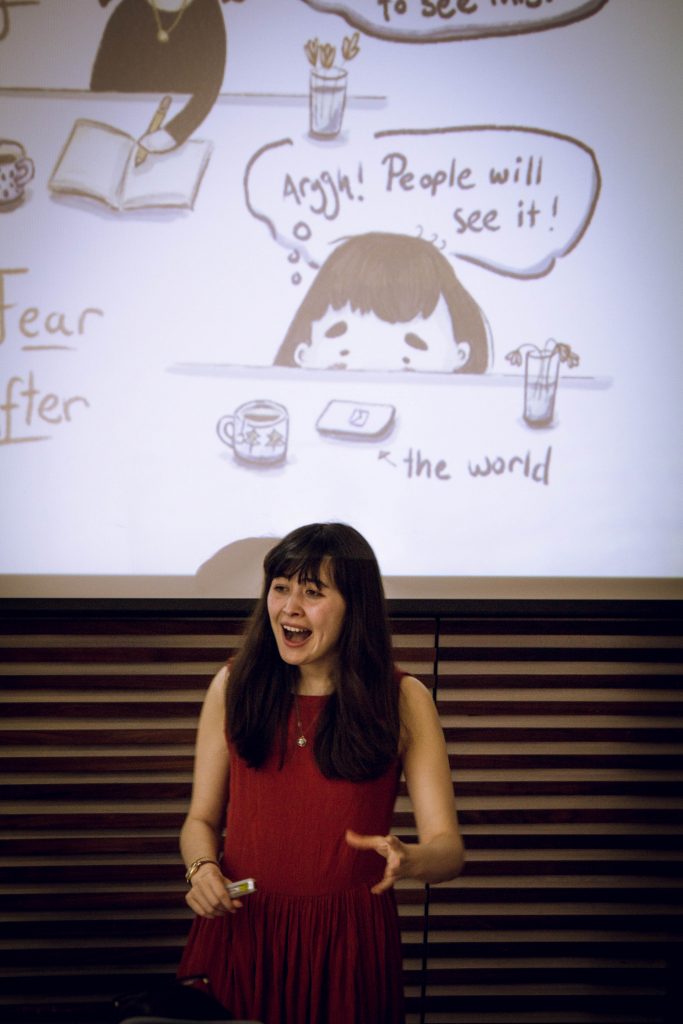
(photo by Jonathan Masser)
Accompanied by beautiful original illustrations (designed especially for Writers’ Day!), Rowan shone a light on many aspects of the agenting process that are not often discussed. When her first book went to auction, she had to make a decision about which publisher to proceed with, and that question of ‘investment’ came up again. If a publisher is willing to pay more at auction for your book, does that mean they’re more invested in you? Well, not necessarily. Arguably a more genuine investment from a publisher can be when they recognise that the book needs more work, rather than thinking it’s ‘ready to go’ – even if they are willing to pump more money into the project. Again, doing what’s best for the book, and best for you, is paramount.
Rowan also had plenty of advice for making sure that agents are invested in the work you’re doing. Like asking an agent why they loved your book, why they want to represent you, and where they see your book fitting into the market?. An agent needs to be as passionate about your book as you are if they’re going to be pitching it to publishers.
Antonio Arch – Writers’ Day attendee 2019
This event is everything you could imagine and more. You’ll meet your peers, find mentors and make invaluable connections, regardless of what stage of your writing process you are at.
With Rowan’s words ringing in their ears, the writers moved on to the next talk, from self-proclaimed ‘Queen of Twitter’ Sam Missingham. Sam opened her talk with an overview of the publishing industry as it stands at the moment, highlighting the risks that larger publishers take with their lists, and the need for all publishers to exploit their backlists as much as they can, something which she had ample experience with during her time running virtual festivals at HarperCollins. In her talk, ‘Sell Your Story, Not Your Soul’, Sam had many nuggets of wisdom for the writers in attendance relating to marketing not just their work, but themselves. A key piece of advice was to always have your elevator pitch ready because you never know who you’re going to meet, or where. She also urged the delegates to define what success means to them. Manage your expectations, understand what you can do yourself, and where you might need to pay for professional help, and try and be less humble. Sam picked up on the common trait of writers to be humble creatures, but urged the crowd to have a plan and be a ‘hustler’ (her favourite word). She emphasised how important it is to take your writing seriously and approach your ‘career’ as a writer as a CEO would approach running their business (while maintaining that crucial work/life balance, of course!).
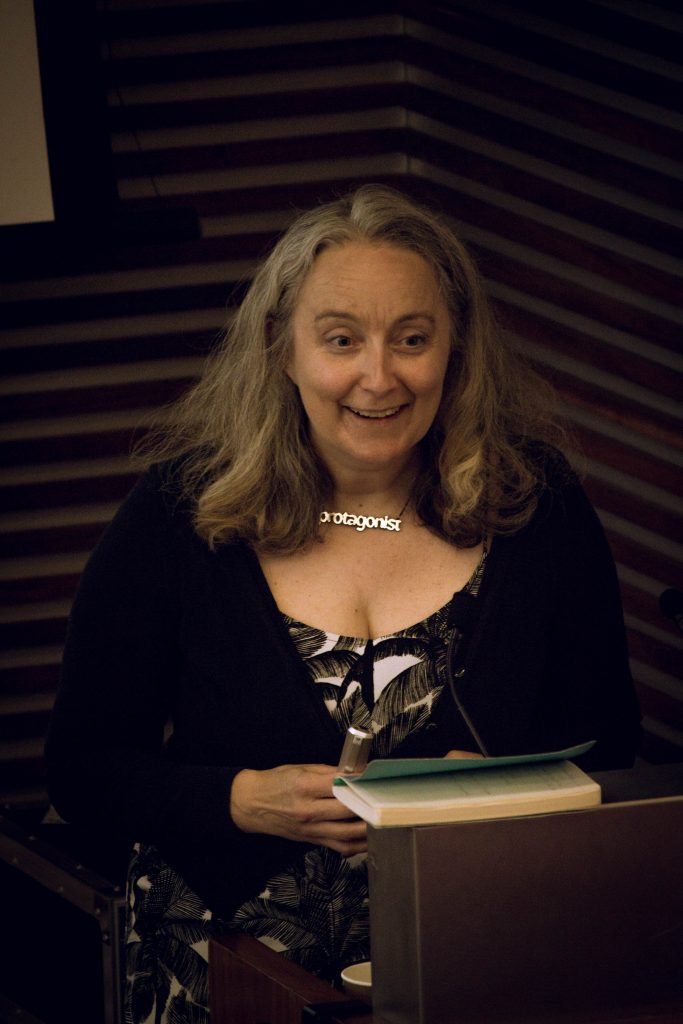
(photo by Jonathan Masser)
Sam rounded up by discussing social media, particularly Twitter, making it clear that while it’s more important for every writer to recognise where they feel most comfortable, and be where their audience is – Twitter can be an incredibly valuable tool for reaching a readership. She reminded the room that while it is important to be the best version of yourself online, there may be some boundaries you need to set yourself. Not everything needs to be shared with the world, especially when you’re trying to encourage people to potentially invest *in you* as a writer, by purchasing your book.
Following Sam’s talk, it was time for lunch and some networking (another thing which both Sam and Rowan recommended – even if the word itself sent shivers down certain spines), and as the chatting subsided, former TLC client and bestselling author Robert Scragg took to the stage to read from his novel, ‘What Falls Between the Cracks’. Rob is a bona fide TLC Success Story, and he touched on his experience investing in editorial feedback with TLC, emphasising the value of good editing and also reminding the delegates to ‘reach out to each other and make connections with other writers’.
Miriam Coley – TLC Mentee &
A home for writers where all are welcome. By focusing on creativity there’s a recognition that each writer’s practice is unique. I am so pleased to be part of the mentoring programme at TLC.
Writers’ Day attendee 2019
After Rob’s assured and gripping read of the opening of his novel, it was now the turn of five nervous and supremely talented shortlisted TLC Pen Factor writers to read to the crowd, and crucially, a panel of specially-assembled agents. Each writer would have 5 minutes to pitch to Nelle Andrew (PFD), Jo Unwin (JULA), Harry Illingworth (DHH), and Susan Yearwood (Susan Yearwood Literary Agency) – receiving some thoughtful feedback from each of the judges after their reading. One writer would go home with the prize pot of writing development worth over £1,000.
First up, was Margot Shepherd, with her debut novel, ‘The Mother Signature’. The novel follows Mary, a female scientist on the brink of major DNA discovery trying to succeed in a man’s world, and is inspired by a true story, and Margot’s own work as a scientist. The relevant cultural subject matter and strong characterisation were both things that the judges enjoyed.
Following Margot, Lizzie Damilola Blackburn came to the stage, pitching her contemporary women’s fiction, ‘Yinka, where is your Huzband?’. Lizzie’s work, which focuses on the life and struggles of a British Nigerian woman searching for love and validation in a society obsessed with marriage and success, went down well with the assembled crowd and judges.
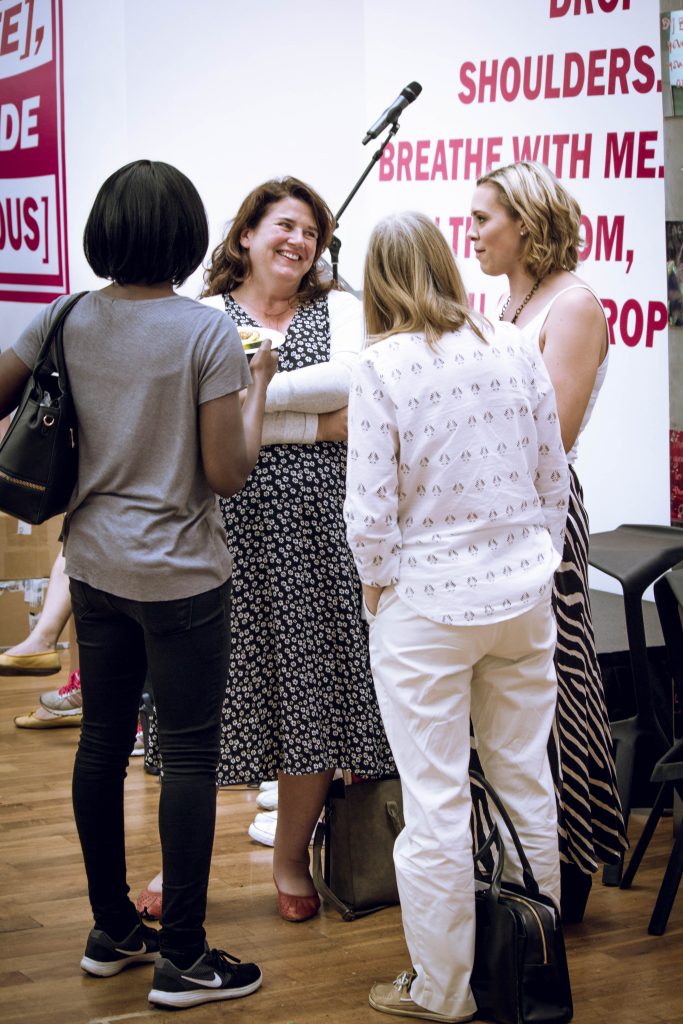
The third writer to pitch her work was Lucy Basey, with a YA romantic thriller ‘The Other Side of Darkness’. Lucy’s work centres on the juxtaposing worlds of Amy and James, with the latter struggling to settle in to his role as head of a crime empire, which he has inherited from his father. Lucy is well-known to TLC, having received two Free Reads in the past, so it was a treat to hear her pitch to a room of rapt writers.
Meriel Beattie was up next to pitch ‘Angora’, an historical thriller set in neutral Turkey during the Second World War. The novel takes place in wartime Ankara (Angora), where Allied and Axis diplomats, refugees and assorted hangers-on co-exist uneasily in a small town. It is based on a real, but still unsolved, spy case. The judges were interested to hear about an aspect of WW2 that is not often covered.
After four strong pitches, our fifth and final writer to pitch was Pamela Banayoti with her novel in short stories, ‘Big Girl Blues’. The novel details the life of Lena Kahlil — a working class Arab girl, chasing British middle-class ideals – as she journeys from childhood through to adulthood. Pamela has been working on the novel since her MA in 2013, and her enthralling pitch went down well with the assembled crowd and the judges.
After each pitch, the four judges were critical and incisive in their feedback, with the crowd also reacting warmly to each reading. Judges reminded writers who are working on agent pitches to try not to get bogged down in shortcomings or areas to work on, and instead make to show the agent the best side of yourself – echoing what Sam had touched on in her talk earlier. Each of the five writers pitched with incredible confidence, and teased the audience with the openings of their work. You can read extracts from all of this year’s Pen Factor finalists here.
Matthew Tett –
A superb, thought-provoking day; excellent value professional development for writers; and, interesting sessions, catering for writers at different stages of their career. I recommend the TLC Writers’ Day – a great experience.
Writers’ Day attendee 2019
The final session of the day was a short story workshop with fiction writer Leone Ross, who kicked off in eye-catching style, challenging the writers in the room to explore themes outside their comfort zone and break through taboos they may have. Leone emphasised the power of craft, and the writer’s ability to be able to control craft as opposed to their inability to always control the emotional reaction of a reader. The emotional reaction of a reader is very hard to control, how someone might react to a word or character is not always within the sphere of the writer’s control. However how a sentence is constructed, or how that character is presented, can be controlled. This is why, confronting themes or ideas that might have been previously unexplored is a necessary challenge, because it forces us to keep an even firmer grip on the control of our craft.
Leone urged the crowd to remember, as they worked through a worksheet asking them what is outside *their* comfort zone, that even if the content might be uncomfortable, if it is the best, most honest, most truthful word to use in the particular scene you are writing, it is good writing (so long as the craft is controlled). Try to ignore the part of you that is language policing while you write, and collect examples of behaviours and descriptions that instead focus on the truth and authenticity of the situation.
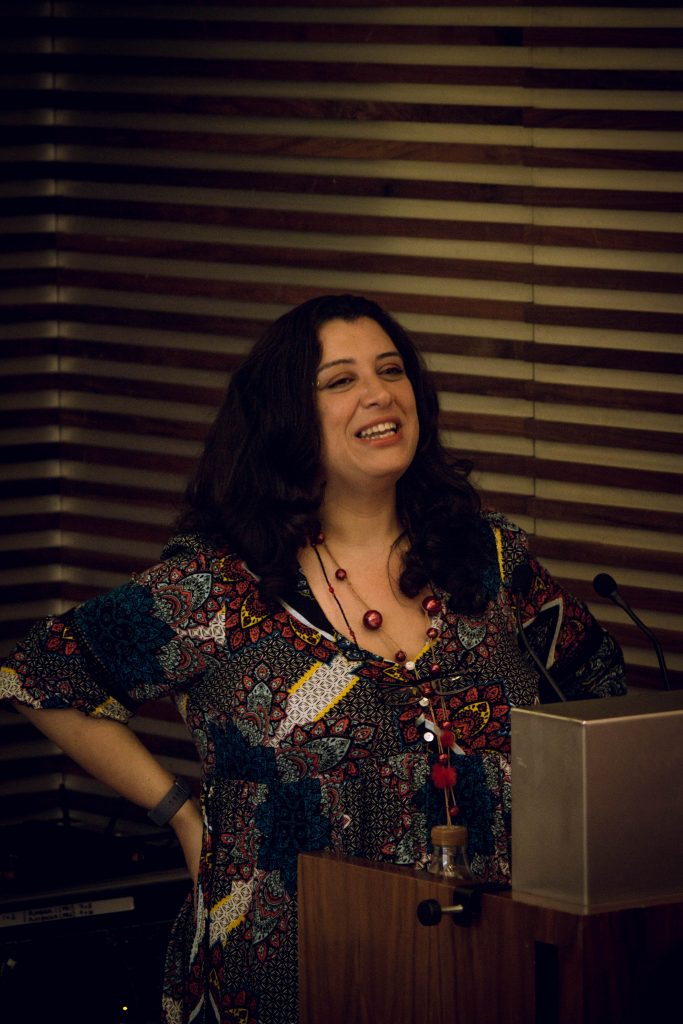
Leone also encouraged the writers to think of each scene to be framed around a charged sense of meaning between two characters. What is it that is bringing these characters together? Always be questioning why this encounter is taking place – what is each character looking to get from the situation? Relating specifically to short stories, Leone focussed on being as economical as possible. Try to challenge yourself to constrain yourself all the time. Constrain the number of characters, constrain the number of scenes, and constrain the time scale you’re covering.
Leone rounded off her talk, and the day, by reminding our delegates that you don’t have to suffer or torture yourself to write. As all of our speakers emphasised throughout the day – it’s important to enjoy the writing and editing process as much as you can.
The final act of the day was left for Aki to hand out the TLC Pen Factor Prize, and after a period of serious deliberation, the main prize went to Lizzie Damilola Blackburn for her novel ‘Yinka, where is your Huzband?’. It was a day filled with joy and helpful information, and it seemed that everyone left feeling that they had invested in themselves, and in their writing.
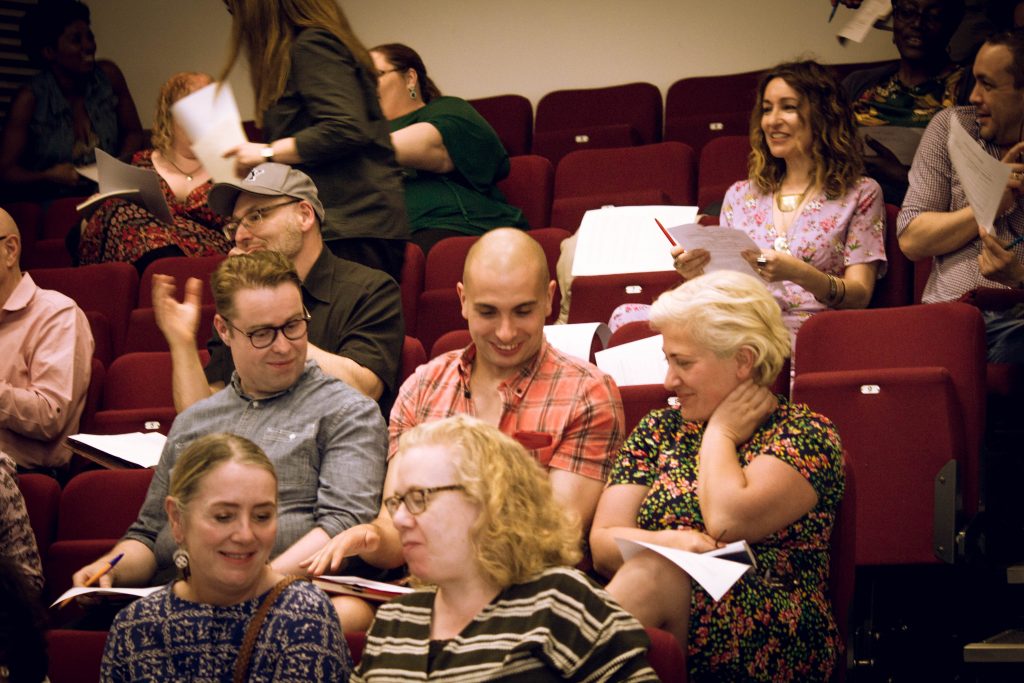
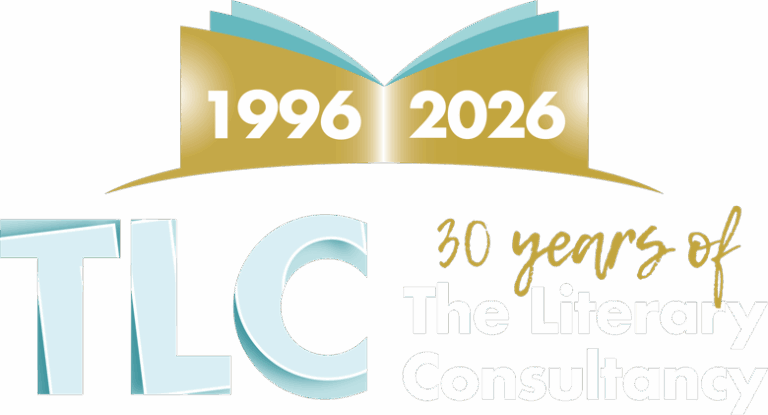
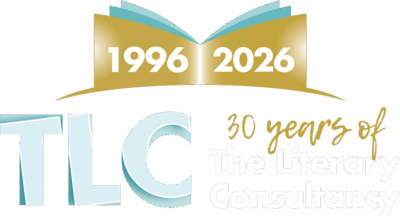
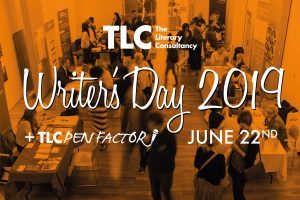

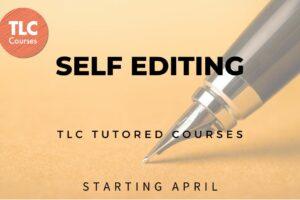


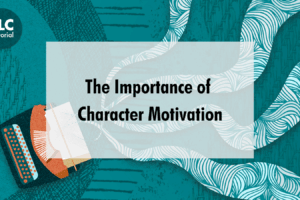

2 responses